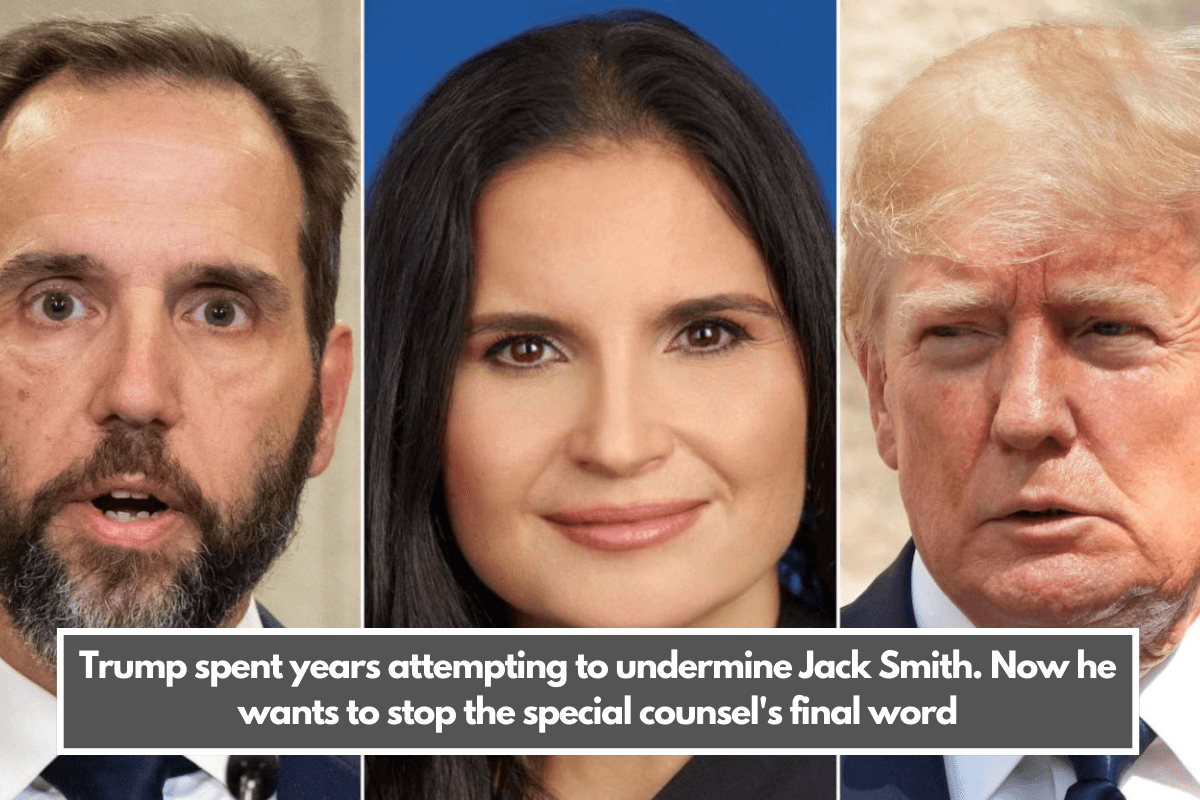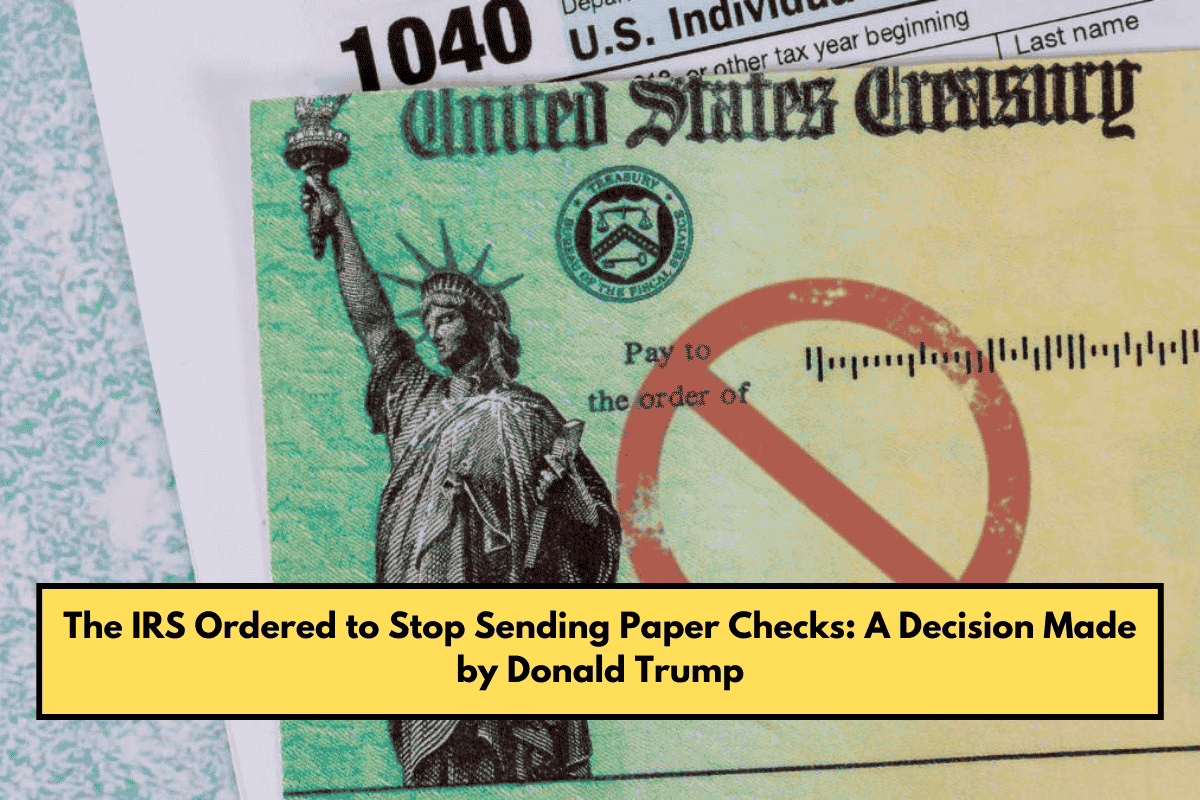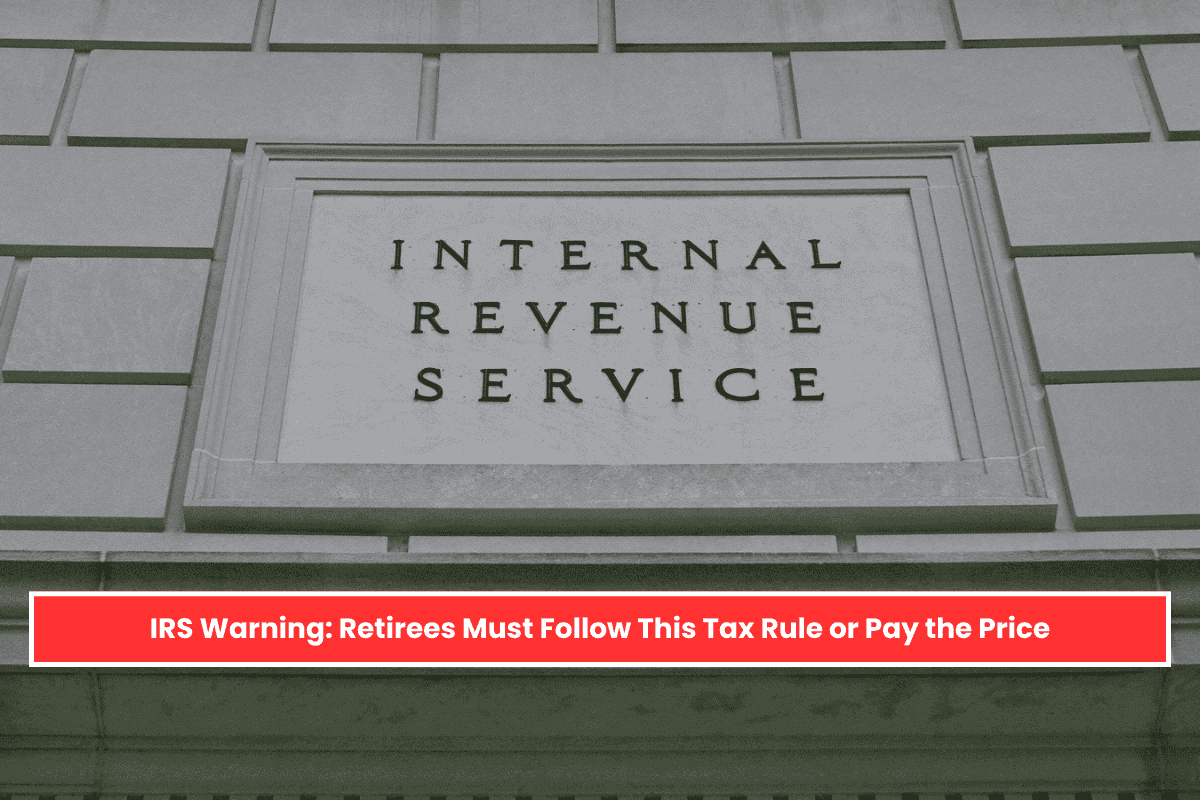On Tuesday, District Judge Aileen Cannon blocked the public release of Special Counsel Jack Smith’s final report on his investigations into President-elect Donald Trump.
The court battle that prompted Cannon’s order is the culmination of Trump’s years-long attack on the institution of special counsels, and the president-elect is hoping to build on his previous victories that undermined Smith’s office.
Those victories include Cannon’s ruling last summer that Smith was unconstitutionally appointed, a Supreme Court decision that established broad immunity for actions taken by presidents while in office, and Smith’s recent acknowledgement that Trump should be removed from both cases now that he has been reelected to the White House.
The defense lawyers are raising new concerns about what those legal developments mean for the long-standing practice of making special counsels’ reports public, which includes the publication of reports by special counsels Robert Mueller, John Durham, and Robert Hur, as well as the release of independent counsel Ken Starr’s report on his investigation into President Bill Clinton under a previous law.
Until Cannon’s intervention on Tuesday, Attorney General Merrick Garland was in charge of determining what information from the report was made public.
However, Cannon’s order prevents Smith and the Justice Department from publishing the report until the 11th US Circuit Court of Appeals has time to review an emergency motion filed by Trump’s former co-defendants to block its release.
The latest move by Cannon, a Trump-appointed judge, came amid a flurry of legal filings on Monday night and Tuesday. Lawyers for Trump have reviewed a draft of Smith’s final report on federal investigations into the president-elect.
Trump and his former co-defendants in the classified documents case argue that Smith lacks the authority to even assemble the report, and that any publication of Smith’s report by Garland would violate Justice Department policy, practice, and law.
The gambit is taking place against the backdrop of the political reality that, following the inauguration, efforts to restore some of the special counsel’s powers and prosecutions will cease.
That reality exemplifies the political influence that the office of special counsel was intended to counteract, particularly when those prosecutors are assigned to investigate prominent political candidates or elected officials and the DOJ seeks to shield them from changing presidential administrations.
The issue of Smith’s final report becoming public now moves to the 11th Circuit Court of Appeals, with Cannon’s order on Tuesday prohibiting Smith or the Justice Department from transmitting the report outside the DOJ while the appeals court considers an emergency request from Trump’s former co-defendants, Walt Nauta and Carlos De Oliveira.
(Nauta and De Oliveira have pleaded not guilty). Cannon dismissed the case against them, but it could be revived in appeals regarding the special counsel’s authority.
Cannon’s brief order made no distinction between the two volumes alleged to be in the report, one dealing with the classified documents probe and the other covering Smith’s investigation into 2020 election interference.
In court filings earlier Tuesday, Trump’s lawyers stated that the arguments against the report’s publication applied to both volumes, citing evidence overlap.
Report wouldn’t be released until Friday at the earliest
Garland has stated that he intends to provide the report to Congress, with the necessary redactions in accordance with Justice Department policy.
That would imply that the DOJ would likely redact portions of the report pertaining to the two co-defendants, as the department is seeking to continue those cases and is prohibited from jeopardizing their upcoming trials.
In an overnight court filing, Smith’s office provided more information about the report’s planned finalization. The special counsel’s office stated that the report would not be handed over to the attorney general until at least Tuesday afternoon, and that the attorney general would not release it publicly until Friday morning.
“The Attorney General has not yet determined how to handle the report volume pertaining to this case, about which the parties were conferring at the time the defendants filed the motion,” Smith’s lawyers wrote.
According to the special counsel’s office, the report will be divided into two volumes: one for the documents case and another for the separate federal charges against Trump filed on January 6, 2021.
Federal regulations governing the special counsel’s office’s work at the Justice Department delegate authority over the release of reports such as these to the Attorney General.
The fast-moving dispute comes less than two weeks before Trump’s inauguration, when his Justice Department — largely made up of appointees from his criminal defense team in the Cannon case — will take over the investigation.
While Cannon dismissed the classified documents case last summer, the Justice Department is appealing her decision that Smith’s appointment was unconstitutional.
Trump was dropped from the prosecution at the special counsel’s request after his reelection last year, but the prosecution of Nauta and De Oliveira has been delegated to the US Attorney’s Office in South Florida.
In court filings on Monday, Nauta and De Oliveira argued that releasing the report would “irreversibly and irredeemably” prejudice them as defendants, implying that the criminal prosecution against them could be revived.
They also noted that the protective order that limits what they can say about the discovery provided by the government remains in effect.
The defendants are “strictly precluded from refuting the Report,” and releasing it would make it “even more unfairly prejudicial,” they claimed.
“The Final Report is meant to serve as a Government verdict against the Defendants contrary to all criminal justice norms and constitutional guideposts,” they told the judge.
What Trump is saying
During a lengthy news conference at his Mar-a-Lago estate in Florida on Tuesday, the president-elect denounced Democrats and Smith’s “weaponization of justice”.
“I defeated the deranged Jack Smith. He is a deranged person. “I guess he’s on his way back to The Hague,” Trump said, alluding to Smith’s experience prosecuting war crimes. “And we won the cases.
Those were the biggest. And the press made a big deal out of it. But we did not do anything wrong.
Trump’s lawyers, who filed their own friend-of-the-court brief with Cannon on Tuesday morning, support Nauta and De Oliveira’s arguments while making Trump-specific claims about how the report’s release would allegedly interfere with his return to the White House.
In a letter to Garland, which was made public along with the filings, the Trump team relied on previous Justice Department assertions that a sitting president cannot face criminal charges. They also noted that Smith acknowledged that principle when he sought to dismiss the charges he filed against Trump.
The letter to Garland also referenced the Supreme Court’s July presidential immunity decision, which set a very high standard for when a president’s official acts can be prosecuted.
Under the current special counsel regulations, Trump’s lawyers told Garland that the “DOJ has not released a single Special Counsel report concerning any individual who has mounted a successful defense in court, as President Trump has done with respect to Presidential immunity.”
It has also been department policy and practice to redact information in special counsel reports pertaining to ongoing DOJ investigations. In previous investigations, such as the Mueller probe, only a few sentences were redacted from hundreds of pages.
However, the charges against Nauta and De Oliveira were inextricably linked to the allegations against Trump, so much of the report may have to be kept hidden from the public.
Still, Trump’s lawyers argue that the separate volume on election subversion should not be released, claiming that Cannon’s decision disqualifying Smith in the documents case ended his authority to release that portion of his report as well.
The 11th Circuit, which was already considering the Justice Department’s appeal of Cannon’s disqualification of Smith, has requested a response from prosecutors by Wednesday morning.
Cannon’s order appeared to anticipate an appeal to the Supreme Court, as she stated that her order halting the release of the report would remain in effect until three days after the appeals court’s decision on the matter.


















